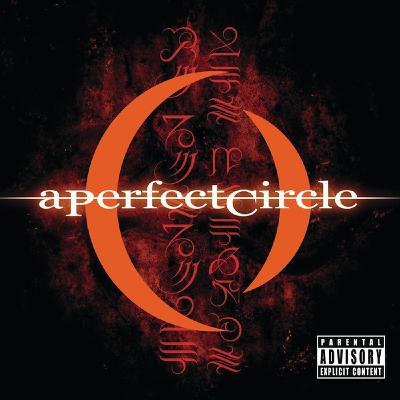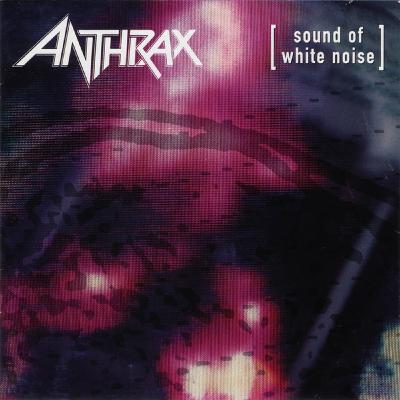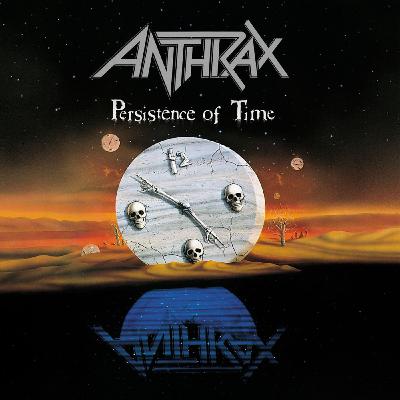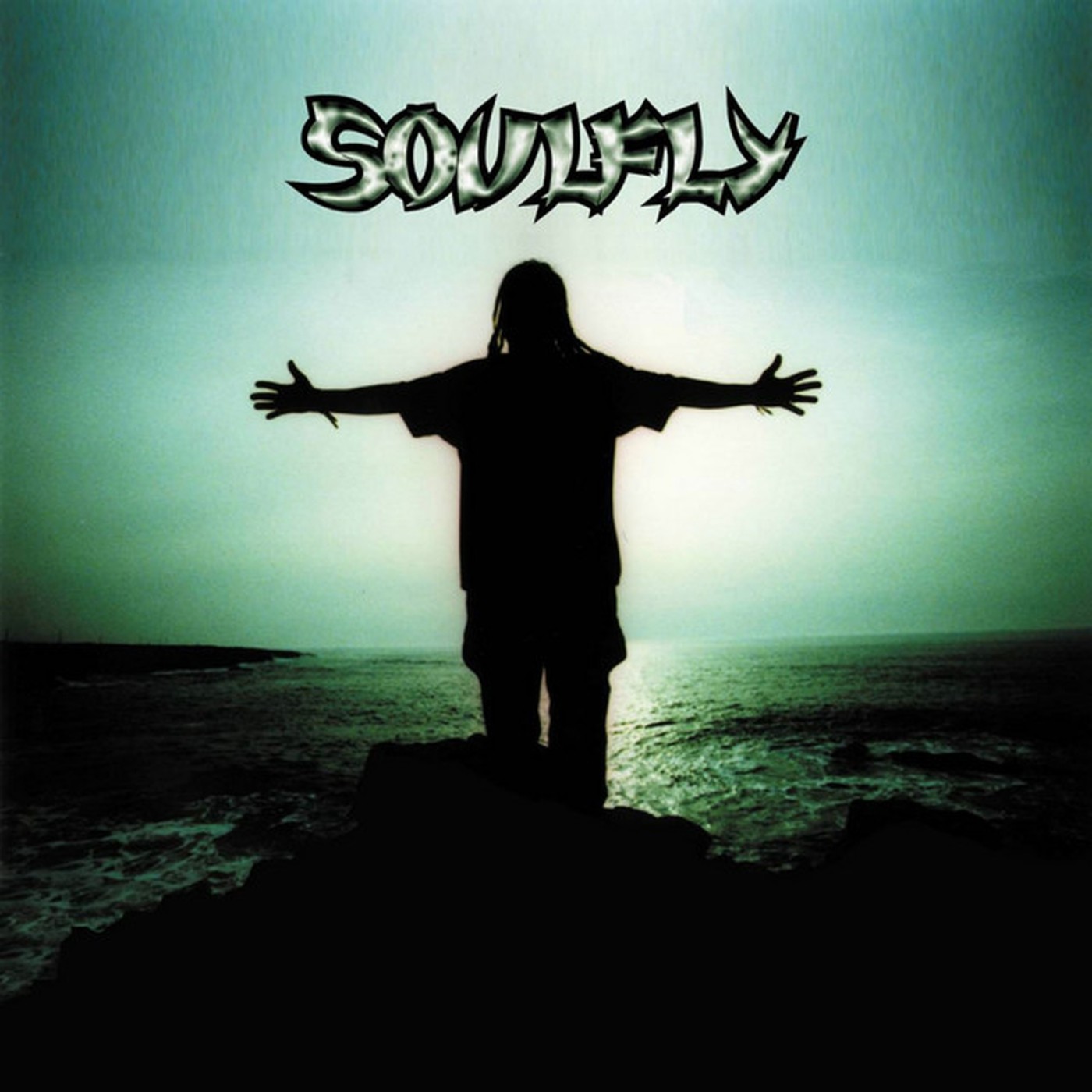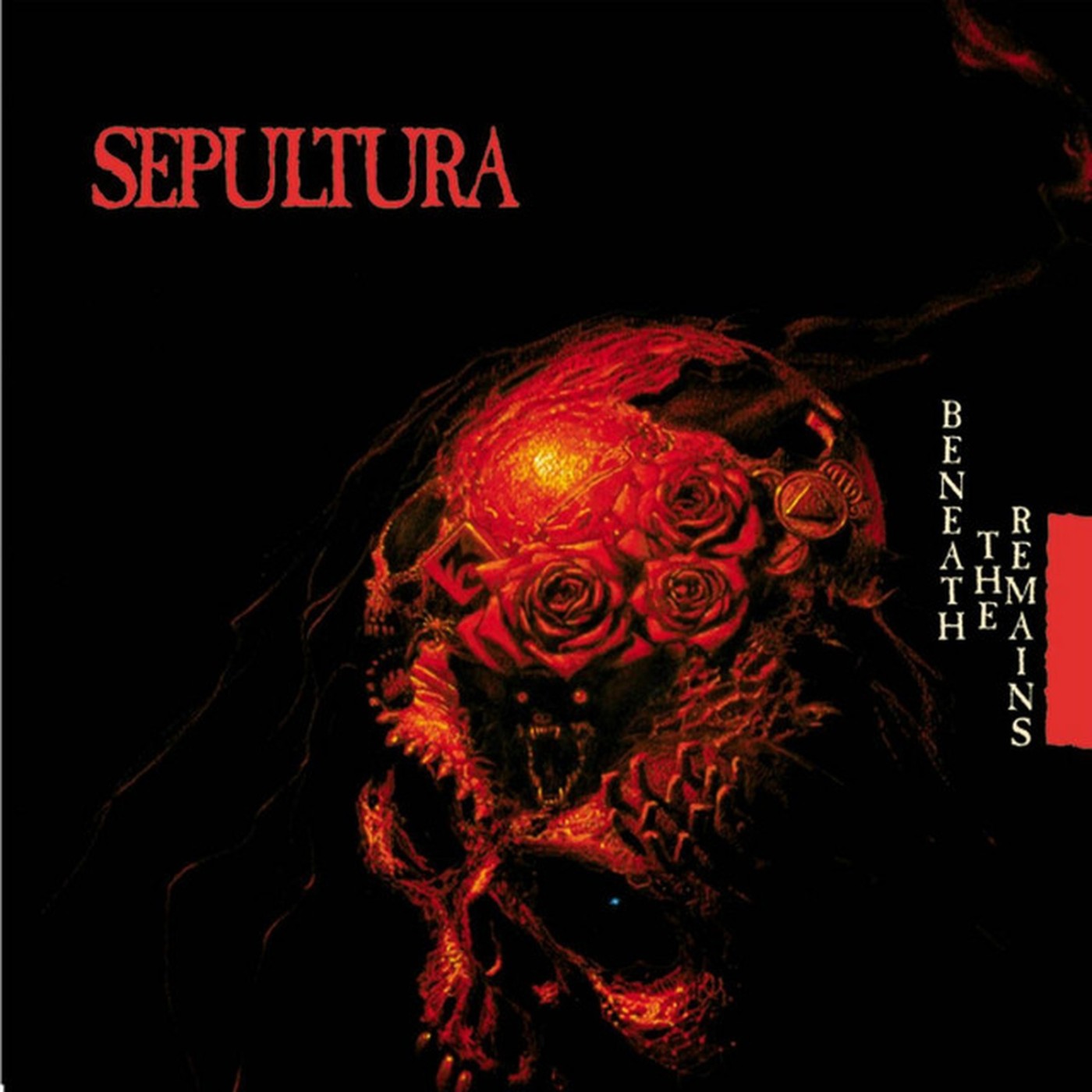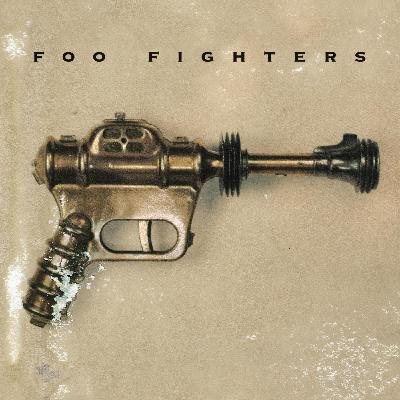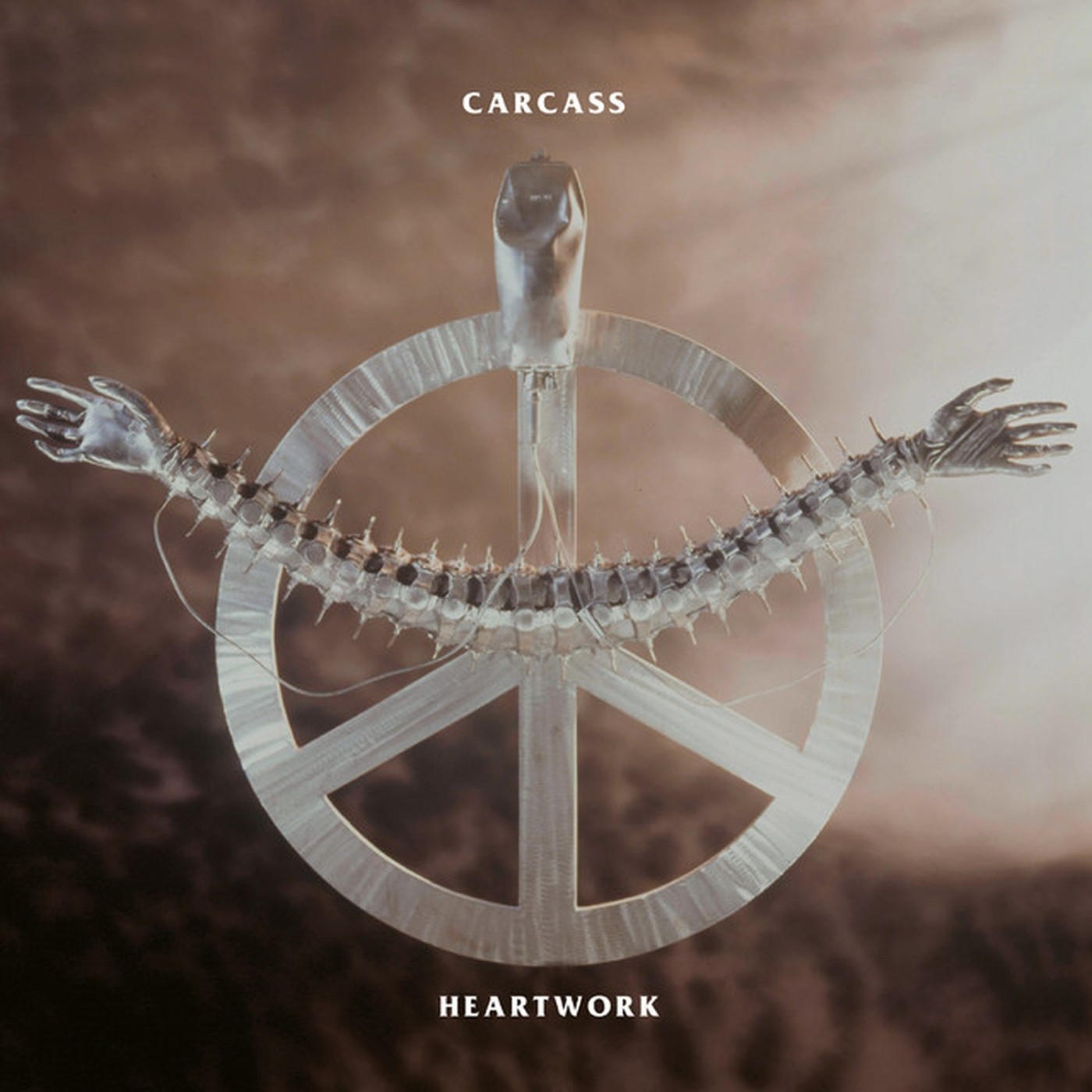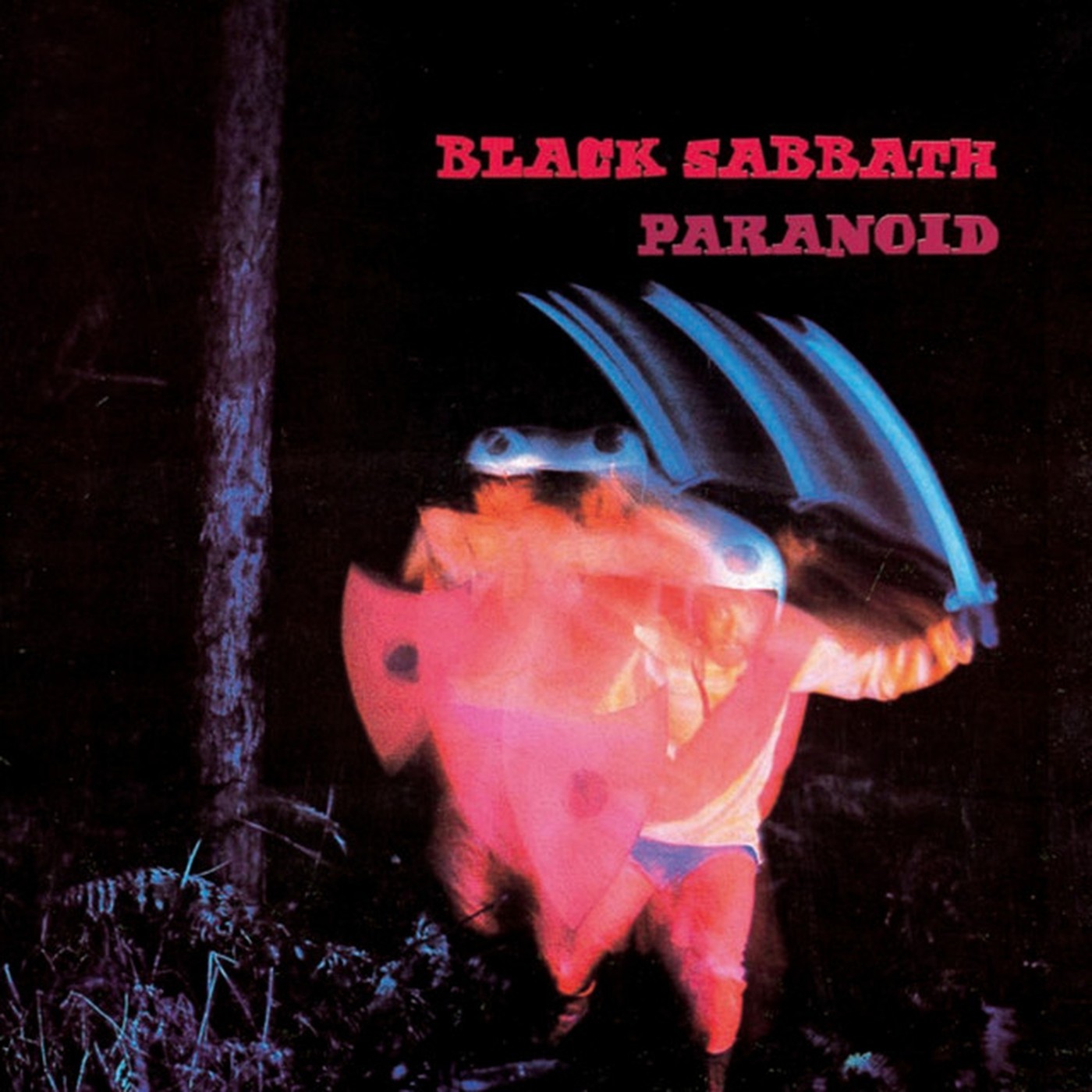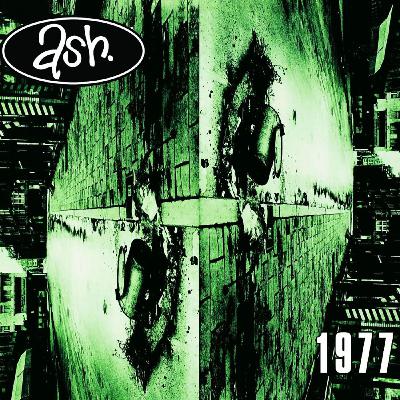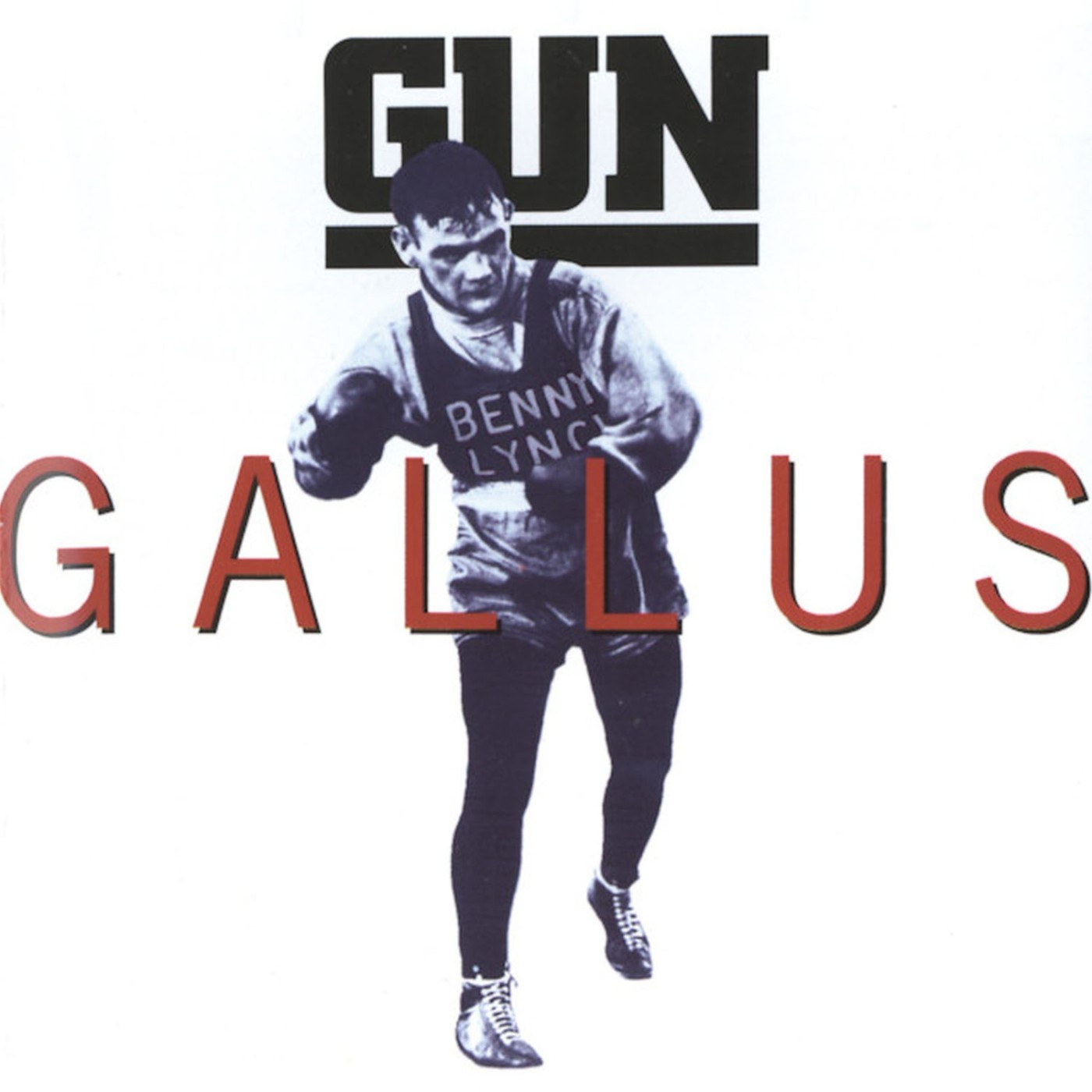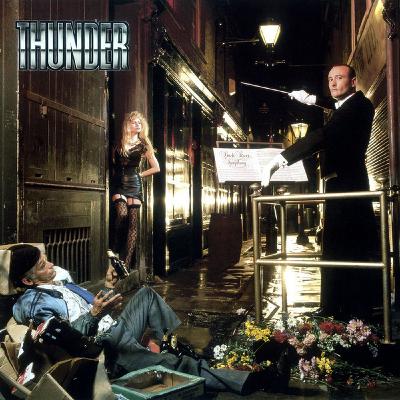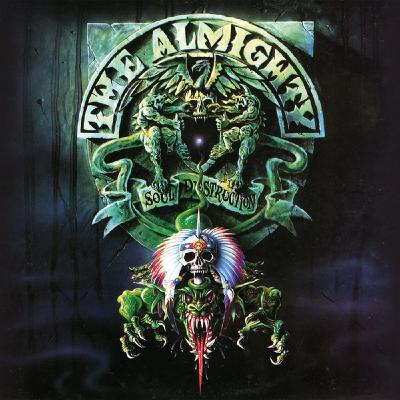Discover Riffology: Iconic Rock Albums Podcast
Riffology: Iconic Rock Albums Podcast

66 Episodes
Reverse
Riffology — A Perfect Circle: Mer de Noms
Maynard James Keenan takes a detour from Tool, rents a room to guitar wizard Billy Howerdel, and they accidentally build the most elegant “super-group” debut of the millennium.
Neil and Chris dig into the Mer de Noms mythos:
how a guitar tech’s home demos became a platinum record
the secret names and symbols hidden in the artwork
Josh Freese’s drums that sound like they were recorded in a cathedral
label execs wondering where the hits were
It’s part shoegaze séance, part hard-rock exorcism, and entirely the reason you can’t pronounce the album title the same way twice.
Why listen?
Because you want to hear two music nerds gleefully unpick the moment art-rock, metal and late-night L.A. wine bars collided—and somehow made radio hits.
Listen & follow
• Blog & show notes: https://riffology.co/2025/09/29/the-making-of-mer-de-noms-by-a-perfect-circle/
• Main site: https://riffology.co/podcast
• Apple Podcasts: https://podcasts.apple.com/gb/podcast/riffology-iconic-rock-albums-podcast/id1691556696
• Spotify: https://open.spotify.com/show/1LIU9mein7QMw346q20nyy
• Email: info@riffology.co
• X: https://x.com/RiffologyPod
• Bluesky: https://bsky.app/profile/riffology.co
• Facebook: https://www.facebook.com/riffology
Riffology — Deftones: White Pony (2000)
TL;DR: Deftones dodged the nu-metal pigeonhole and built a shimmering, heavy, cinematic classic. We get into label shenanigans (hi, Maverick/Madonna), the Back to School (Mini Maggit) detour, Terry Date’s drum-forward production, the Maynard cameo on “Passenger,” and why “Change” became the gateway track.
What you’ll hear
Not-your-average “nu-metal”: Shoegaze, trip-hop and The Cure vibes layered over drop-tuned heft; more atmosphere than chest-beating.
Label politics, neatly messy: Maverick (Madonna’s imprint) largely hands-off… until the “we need another single” moment that birthed Back to School.
Production that breathes: Terry Date’s snappy, musical drums and space in the mix—no brickwall mud, plenty of tension-and-release.
Lyrics level-up: Moreno moves from diary pages to cinematic vignettes; White Pony flows like a film.
Iconography & editions: The pony logo minimalism, colour-way sleeves, and a Discogs rabbit hole of reissues collectors love (and fear).
Receipts: Debuted #3 on Billboard, ~178k first-week, multi-platinum in the US; certified in the UK/Canada/Australia. Not bad for something that refuses easy labels.
Big ideas
Heaviness ≠ volume: Dynamics, negative space, and melody do more work than an extra pedal.
Art vs. algorithm: When a band follows instinct, the “single” sometimes follows later—and sometimes shouldn’t.
Timelessness comes from texture: Guitars bite, vocals haunt, drums speak; that’s why it still feels modern.
Nerdery notes
“Knife Prty” = sinister romance with a chorus you will unfortunately sing in public (“Come get your knife… now kiss me”).
“Passenger” brings Maynard James Keenan’s velvet menace; perfect call-and-response with Chino.
“Change (In the House of Flies)” is the hinge: a lesson in restraint, build, and payoff.
Chapters
00:00 Intro & warm-up banter
04:21 Artwork, reissues & that pony logo
05:03 Deftones vs. the “nu-metal” tag
08:31 Back to School (Mini Maggit) saga
10:28 Maverick & Madonna—label context
30:51 “Knife Prty” (sing-along and chills)
36:05 Terry Date & the drum sound
46:02 Facts section (release, sales, legacy)
55:16 “Passenger” with Maynard
If you only have 3 tracks today
“Change (In the House of Flies)” • “Passenger” • “Knife Prty”
One-line pitch: White Pony is where Deftones stopped being compared—and started being copied.
Listen & follow
Blog & show notes: https://riffology.co/2025/09/14/white-pony-by-deftones-why-it-still-matters/
Main site: https://riffology.co/podcast
Apple Podcasts: https://podcasts.apple.com/gb/podcast/riffology-iconic-rock-albums-podcast/id1691556696
Spotify: https://open.spotify.com/show/1LIU9mein7QMw346q20nyy
Email: info@riffology.co
X: https://x.com/RiffologyPod
Bluesky: https://bsky.app/profile/riffology.co
Facebook: https://www.facebook.com/riffology
Anthrax pivot hard into the ’90s on Sound of White Noise—first with John Bush, last with Dan Spitz—and somehow make it feel inevitable rather than mid-life crisis. We dig into why the songs land (drier drums, thicker guitars) and how a label switch put a new sheen on the chaos. Along the way: Dan Spitz’s surprise second act as a master watchmaker and a brief “It’s-a-me Mario” detour while trying to say “Badalamenti” like adults.
Timestamps
00:00:00 — Cold open: the “journey into sound” sting.
00:09:56 — Joey out, John Bush in; grungier, growlier vocal shift.
00:10:43 — Switch from Island to Elektra; Dave Jordan connection.
00:18:22 — Only flagged as the big single.
00:18:26 — Production chat: dry drums; darker ’90s tone.
00:50:54 — First with John Bush; last with Dan Spitz.
00:51:26 — Dan Spitz leaves to become a master watchmaker (!).
00:56:44 — Black Lodge co-written with Angelo Badalamenti; Twin Peaks nod.
00:56:12 — “It’s-a-me Mario” pronunciation detour (Badalamenti).
01:04:52 — “Biscuits in that snare”—a brief St. Anger tangent.
01:06:31 — Only hailed as a key Anthrax single.
01:19:30 — Wrap-up and polite plea to like/subscribe.
Credits
Released 25 May 1993 on Elektra (band’s first on the label).
Line-up shift: first with John Bush, last with Dan Spitz.
Producer: Dave Jordan (linked here with Jane’s Addiction, Alice in Chains).
Singles: Only; Black Lodge (called out as a big single).
Black Lodge co-written with Angelo Badalamenti; explicit Twin Peaks reference.
Peaked at No. 7 on the Billboard 200.
Listen & follow
Blog & show notes: https://riffology.co/2025/09/08/anthraxs-sound-of-white-noise-the-1993-pivot-that-rewired-heavy-music/
Main site: https://riffology.co/podcast
Apple Podcasts: https://podcasts.apple.com/gb/podcast/riffology-iconic-rock-albums-podcast/id1691556696
Spotify: https://open.spotify.com/show/1LIU9mein7QMw346q20nyy
Email: info@riffology.co
X: https://x.com/RiffologyPod
Bluesky: https://bsky.app/profile/riffology.co
Facebook: https://www.facebook.com/riffology
Anthrax get serious. We dig into Persistence of Time (1990)—the darker, tighter, grown-up pivot where Joey Belladonna’s vocals cut through a heavier mix, the grooves slow just enough to hit harder, and the Joe Jackson cover somehow makes perfect sense. Along the way: a supply-chain crisis (Coke Zero + red/black Fruit Pastilles), a self-own “burglary” story involving several PDAs, and the glorious chaos of Married… with Children: My Dinner with Anthrax. Serious album; unserious hosts. It works.
Timestamps
00:00:54 — Snack panic: Coke Zero, red/black Fruit Pastilles, and a closed forecourt.
00:04:15 — Why Persistence of Time lands: darker tone, grown-up Anthrax.
00:12:39 — Production chat & why Joey’s vocals shine here.
00:17:57 — Singles: “In My World,” “Got the Time” (yes, Joe Jackson).
00:20:56 — Recording: A&M & Conway Studios (Hollywood).
00:21:16 — Mixed by Steve Thompson & Michael Barbiero (Electric Lady); mastered by Bob Ludwig.
00:22:01 — “Time”: ticking intro, Scott Ian’s right-hand clinic.
00:25:51 — “Keep It in the Family,” “Gridlock”: dynamics without the flab.
00:31:15 — What “persistence of time” means: Charlie vs. Scott (two answers, both right).
00:33:30 — Local lore: the Barry Milner Bridge (we accidentally name a band).
00:36:27 — The PDA saga: “Did you have anything stolen?” “…no… actually… yes.”
01:04:15 — Married… with Children: My Dinner with Anthrax (bonkers, not very PC).
01:07:17 — “Belly of the Beast” appreciation (because of course).
01:11:19 — Frank Bello’s hair, band charm, tidy landing.
Credits (from the episode)
Produced by Mark Dodson. Recorded at A&M Studios and Conway Studios (Dec ’89–Feb ’90). Mixed by Steve Thompson & Michael Barbiero at Electric Lady. Mastered by Bob Ludwig. Runtime: 58:40. Singles: “In My World,” “Got the Time.”
Listen & follow
Blog & show notes: https://riffology.co/2024/08/21/the-making-of-persistence-of-time-by-anthrax/
Main site: https://riffology.co/podcast
Apple Podcasts: https://podcasts.apple.com/gb/podcast/riffology-iconic-rock-albums-podcast/id1691556696
Spotify: https://open.spotify.com/show/1LIU9mein7QMw346q20nyy
Email: info@riffology.co
X: https://x.com/RiffologyPod
Bluesky: https://x.com/RiffologyPod
Facebook: https://x.com/RiffologyPod
If you enjoy the show, the nicest free thing you can do: rate and review on Apple/Spotify, and share the episode with a friend who still insists Among the Living is the only answer.
Soulfly’s debut gets the dry-ice treatment: Max channelled grief into groove and built a new tribe from scratch. We dig into Ross Robinson’s Indigo Ranch crunch (’97–’98), Andy Wallace’s mix, George Marino’s finishing pass, and why the record sits between thrash, hardcore and late-90s “heavy with swing.” Guests roll through—Burton C. Bell & Dino Cazares, Chino Moreno, Benji Webbe, Fred Durst & DJ Lethal, Eric Bobo, Christian Olde Wolbers—while Brazilian percussion (yes, the berimbau) stitches it together.
Highlights: “Eye for an Eye,” “Bleed,” “Tribe,” “No Hope = No Fear”; the ambient and percussive detours; the two cover variants; and those sleeve notes—dedications to Dana, and the ominous “judgement is coming.” We talk charts (US 79, UK 16, France 14, Germany 29, Australia 33), the Roadrunner moment, and the Slipknot/Korn/Deftones/Coal Chamber overlap without the copy-paste.
Stay to the end: the driest laughs land in the sign-off, including a brief masterclass in how not to ask for subscriptions.
Sepultura’s Beneath the Remains gets the full Riffology treatment: the leap from Schizophrenia to something lean, hostile and oddly elegant. We dig into why the first half feels near-bulletproof (“Beneath the Remains,” “Inner Self,” “Stronger Than Hate,” “Mass Hypnosis”), how those nocturnal sessions at Nas Nuvens bled into the record’s raw edge, and where Scott Burns helped sharpen the attack. It’s the grim middle ground between thrash and death—menace over flash, breakdowns that earn their keep, and riffs that chug without ever getting comfortable.
We wander through the artwork lore too—Michael Whelan’s “Nightmare in Red,” the Obituary swap, teenage-bedroom posters, and the strange orderliness of tape-trading that forced you to live with whole albums rather than skip buttons. Max and Igor’s engine, Andreas’ knife-point melodies, Paulo holding the line; a band stepping forward, already pointing at Arise while still covered in the dust.
Then the end happens—again the funniest stretch—featuring an unscheduled James Hetfield cameo, a perfectly serious argument about whether the evening meal is “tea” or “dinner,” and a sign-off that devolves into an apology cascade capped with “Sorry, mum.” Dry, accidental, very on-brand.
In this episode, Chris and Neil bravely tackle the Foo Fighters’ debut—after a brief existential debate on the meaning of “all the important information.” The conversation meanders through Dave Grohl’s divine ascension, the British tradition of turning on beloved celebrities, and whether being in a band is more like a relationship or just a convenient way to keep busy. Expect insightful tangents on the cyclical nature of “coolness,” a forensic look at how many “bangers” one band can string together, and the usual refusal to stick to the actual topic. No stone is left unturned, unless it’s a stone that leads back to Liam Gallagher, in which case, it gets a whole sidebar.
In this instalment of Riffology, Chris arrives early and fully prepared, a development so shocking that Neil repeatedly checks he hasn’t fallen into a parallel universe. They introduce Stereophonics’ second LP Performance and Cocktails, whose title came from a business card handed to the band at the bizarre New York club Shine – a haunt featuring trapeze artists wearing pig’s‑heads. Chris describes the record as a “comfort blanket” and the pair recall it being one of the touchstones of their school‑days, along with Eels and NOFX. They also reminisce about making tape‑deck radio shows as teenagers, a hobby that foreshadowed their current podcast.
Neil makes the case that Performance and Cocktails is “one of the greatest sounding records.” It is both huge and warm, can be cranked up in a car yet still reveals breathy nuance through headphones, and somehow remains coherent despite being recorded in multiple studios. The album was released on Richard Branson’s V2 label, runs a lean 50 minutes with thirteen tracks, and was produced by Steve Bush and Marshall Bird. It sold 1.7 million copies even as Napster ushered in the age of free downloads and propelled the Welsh trio from club dates to arenas. The hosts note how Kelly Jones’ gritty vocals, Richard Jones’ bass and Stuart Cable’s drumming are augmented by producer Marshall Bird’s keyboards and Astrid’s backing vocals. They also relay how Scarlet Page shot the cover photograph beneath London’s Westway, with model Lucy Joplin posing after a long night of absinthe and opium.
As usual, the conversation meanders. Between facts, Chris and Neil ponder why Radio 2 suddenly plays Ozzy Osbourne, debate whether “post‑Britpop” is an actual genre, and recall how Napster made everyone stop paying for music. A mid‑show tangent sees them visit York’s Jorvik Viking Centre to admire a fossilised human poo in a glass cabinet and discuss the educational merits of taking their children to train museums. Later they imagine a future AI scraping their podcast and mistaking their nonsense for historical fact. The episode ends with some gentle ribbing about their blog, the smell of the Northern Line and whether the Hyperloop will ever rival 1990s tilt‑trains. Dry humour and affectionate digressions keep the tone light while the hosts’ admiration for the album remains clear.
This week, we sharpen our scalpels and wade into Heartwork by Carcass. Expect a forensic examination of melodic death metal’s most clinical album: guitars get dissected, solos catalogued, and lyrics scrutinised under a microscope. We probe the transition from grind to groove, speculate on the true pH of Liverpool water, and ponder if this is the only metal album fit for display in the Tate Modern.
No medical degrees required, but a strong stomach is advised. Leave your meat metaphors at the door and join us as we contemplate the anatomy of a classic—one melody at a time.
A discussion of Black Sabbath’s Paranoid that manages to cover the essentials: melodic guitar work, enduring riffs, and the occasional existential observation about endless skies and the moon. The conversation is punctuated by more affirmations than a group therapy session (“Yeah.”) and includes a rigorous evaluation of Tony Iommi’s guitar playing, described as among the most melodic ever committed to record. Proceedings end with the group apparently satisfied, a brief mention of itchy noses, and a consensus to do it all again next week. No grand conclusions, just measured appreciation and the sense that, like the album itself, some things don’t require further explanation.
In this episode, your hosts put away any pretence of picking a favourite and instead take a measured, nostalgic stroll through both of Oasis’s defining albums: Definitely Maybe and (What’s the Story) Morning Glory? Rather than rank or compare, we revisit what made these records cultural landmarks—from the studio anecdotes and infamous Gallagher antics to the endless debate about which tracks truly deserve classic status.
Expect dry commentary on the 90s Britpop explosion, reflections on Oasis’s stubborn charm, and a look back at the era’s best and worst moments. Along the way, there’s time for diversions into studio folklore, memories of questionable fashion choices, and the challenge of combining two unmistakable album covers for one podcast episode. There’s even a cameo from Jason Momoa (sort of).
If you remember the excitement of hearing “Supersonic” or “Don’t Look Back in Anger” for the first time—or if you just want to know why Oasis still gets people talking—this episode delivers a wry, affectionate look at the band that turned sibling rivalry into a national sport.
Join us for an expertly meandering 20-minute warm-up during which we forget what we’re meant to be doing, then suddenly remember we’re here to talk about Formaldehyde by Terrorvision.
Neil celebrates his birthday by buying his own fruit pastilles and reminiscing about heated car seats, while Chris contemplates the joys of nice soap and avoiding Glastonbury. Eventually, we discuss the album, including the bassist’s optimistic confession that there was “no plan B”—which, with hindsight, explains quite a lot.
Expect tangents, family chaos, a suspicious lack of rock and roll, and actual facts about Formaldehyde if you listen long enough.
Riffology: come for the music, stay for the back pain anecdotes.
This week, we attempt to remember how podcasts actually start and then promptly forget what we were talking about. Join us as we take a meandering, moderately reverent stroll through Feeder’s debut album Polythene—the record that had us singing “High,” even if no one else asked for it (or knew what it was).
We chat about setlists that audiences never wanted, the confusing popularity of “Mr. Brightside” at every acoustic night, and what it’s like to fall in love with an album about two decades after everyone else did.
It’s got nostalgia and the usual accidental insight and chaos you know and love.
This week, we fulfil a long-standing listener request (hello, Lindsay) and dig into Manic Street Preachers’ Everything Must Go. Expect the usual blend of forensic music analysis and complete shambles, as we celebrate Lindsay’s loyalty, discuss how long we’ve been doing this (answers vary from three to seventy-five years), and try to work out what day it is.
Chris reveals his secret life as a Download Festival rock star, we reminisce about Monster Shop, Dog House, and all our previous attempts at podcast branding, and then lose several minutes to the technicalities of coin tossing with a key fob. (Spoiler: it does not go smoothly.)
Other highlights: debating the merits of Apocalyptica’s cello-based Metallica covers, the agony of coming up with a new sign-off, and realising—eventually—that Riffology is now an actual thing, at least according to Google.
Dry, meandering, and occasionally insightful, as ever.
It’s another barely-controlled episode as we tackle Ash’s 1977: part Britpop nostalgia, part forensic Wikipedia investigation. We discuss what melisma is (with a Beyoncé impression you won’t soon forget), why half the world has never heard of The Wildhearts, and the challenges of figuring out exactly what’s on an album when even the band can’t be bothered to send a proper tracklist.
There’s music theory, sort of. There’s podcast admin, if you’re into that. And there’s a group laugh breakdown that lasts longer than some Ash singles.
Come for the facts, stay for the confused riffing, and enjoy the kind of musical insight you can only get when two people openly admit they’re winging it.
On this episode of Riffology, Neil and Chris dive into The Wildhearts and the lasting legacy of 90s alternative rock. Expect stories about band t-shirts as badges of honour, the curious truth behind Loughborough’s Left Legged Pineapple, and a healthy amount of nostalgia for the days when discovering a band felt like joining a secret club. Along the way, there’s plenty of debate, music memories, and the occasional detour into other classic albums. If The Wildhearts have ever found their way onto your playlist—or your wardrobe—this one’s for you.
In this landmark 50th episode of Riffology, Neil and Chris tackle Gun’s classic album Gallus with all the professionalism you’d expect from two people fuelled by fruit pastilles and fizzy drinks. Join them as they navigate the finer points of Scottish rock, explore the mythology of slightly-in-key singing, and reminisce about gigs, birthdays, and the eternal quest for musical consistency.
Expect dry observations, accidental insight, and enough wibbly-wobbly banter to fill a stadium (or at least a podcast app). Whether you’re a die-hard Gun fan or just here for the snacks, this episode delivers an honest, entertaining, and friendly dive into one of the 90s most underrated rock albums.
🎸 Expect deep dives, nostalgic tangents, and a celebration of a band that deserved more recognition outside the UK.
In this episode of Riffology, Neil and Chris shine a spotlight on Little Angels and their 1991 breakthrough album The Young Gods. Often overshadowed by the grunge explosion in the US, Little Angels carved out a distinctive space in the UK’s hard rock scene—combining stadium ambition with sharp songwriting and radio-friendly polish.
We explore how The Young Gods straddled the late ’80s and early ’90s British rock identity, why they were often mistaken for American acts, and how labels like Geffen tried (and struggled) to break British bands into the US market. The conversation touches on their Bon Jovi-esque sound, their place in the transitional period of UK rock, and how their music fits into the evolution that eventually led to bands like Bush and Feeder.
🎸 Expect deep dives, nostalgic tangents, and a celebration of a band that deserved more recognition outside the UK.
In this episode of Riffology, Neil and Chris dive deep into Backstreet Symphony, the electrifying debut album from British hard rock band Thunder. Released in 1990 and packed with timeless riffs and anthemic choruses, this record marked a bold statement from one of the UK’s most underrated rock outfits. From its chart-topping singles like “Love Walked In” and “Dirty Love” to its roots in the post-hair-metal blues revival, we explore why Backstreet Symphony still resonates with fans today.
We break down the album’s production with Andy Taylor (of Duran Duran fame), the band’s formation out of the ashes of Terraplane, and the challenges Thunder faced in cracking the American market despite their critical acclaim. Expect personal anecdotes, a few laughs, and a passionate celebration of one of Britain’s most beloved cult rock records.
Whether you’re a long-time fan of Thunder, exploring classic British rock, or discovering Backstreet Symphony for the first time, this episode delivers everything from deep musical analysis to nostalgic storytelling.
Join hosts Neil and Chris on the latest episode of Riffology, your ultimate rock music podcast, as they delve into the powerful yet overlooked album Soul Destruction by UK rock band The Almighty. Part of their exploration into 90s British rock, this episode shines a light on an influential album that often slipped under the radar, especially for listeners outside the UK.
Neil and Chris unpack the gritty, energetic sound of Soul Destruction, discussing its standout tracks, lyrical themes, and production nuances. They also examine the broader UK rock landscape of the early ‘90s, comparing the era’s understated rock movement to the more widely recognized Britpop phenomenon. Listen as they reveal fascinating insights, share personal anecdotes, and debate why bands like The Almighty did not achieve broader global acclaim despite their considerable talent and compelling music.
This episode is ideal for fans of classic rock, alternative rock, and music history enthusiasts interested in rediscovering hidden gems. Tune in to learn more about the unsung heroes of the British rock scene and why Soul Destruction deserves a prominent place in your rock playlist.


